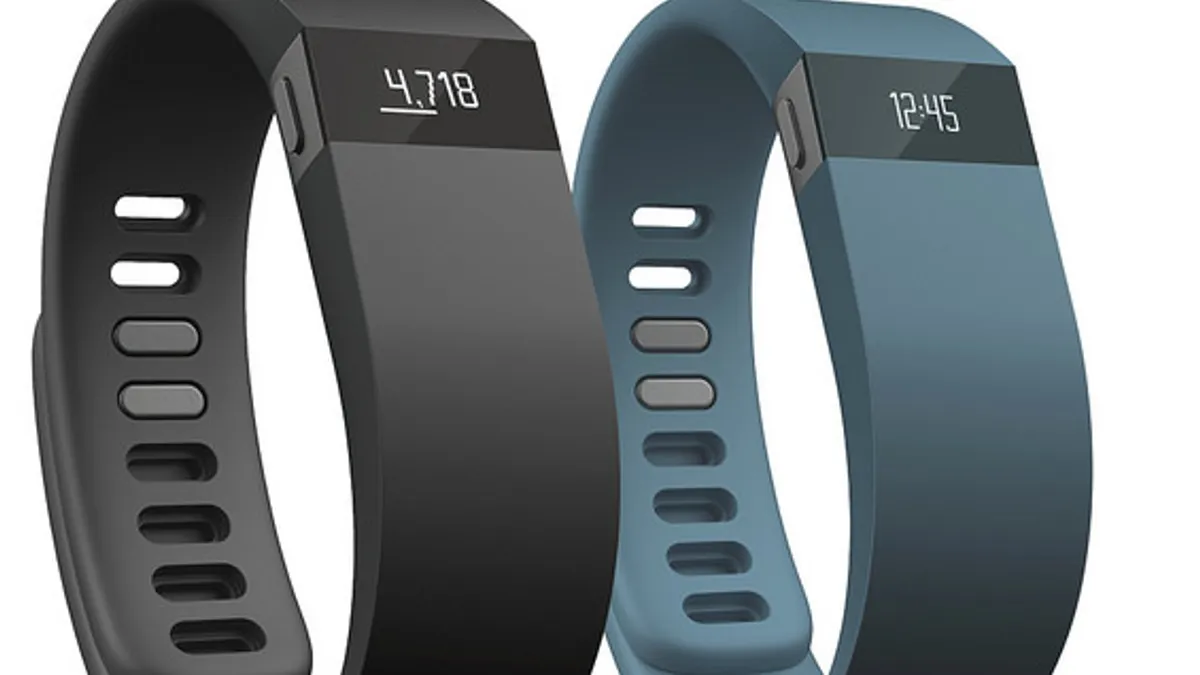Dive Brief:
- Wearables pioneer Fitbit is moving further into healthcare with the launch of Fitbit Care, a connected health platform that combines coaching and virtual care with the aim of improving wellness and helping people manage their chronic conditions.
- The product combines Fitbit's wearables technology with the Fitbit Plus app and Twine Health's disease management platform with the aim of increasing patient engagement and care coordination, Fitbit said. The company acquired Twine in February.
- Humana has chosen Fitbit Care as the "preferred coaching solution" for its employer group segment, which could put the wearable on a lot more wrists. That segment includes more than 5 million members.
Dive Insight:
Despite Fitbit's popularity and employers and payers jumping on board, the evidence of wellness programs actually working seems slim.
A 2017 study published in Health Matrix: The Journal of Law-Medicine concluded: "Most programs do not work; some raise serious legal concerns. It is time for employers and policymakers to rethink their enthusiasm for the wellness movement."
But tech companies keep jumping in and regulators are attempting to ease hurdles.
Fitbit is among the companies selected by the FDA to take part in its so-called Pre-Cert program, which aims to reduce certification hurdles for developers of low-risk software-based medical devices.
The announcement also comes hot on the heels of Apple's debut of a revamped Apple Watch, complete with FDA-approved and embedded electrocardiogram monitor. The ECG app is indicated for over-the-counter use, but is not intended for people under age 22.
Apple could be a potential competitor in the disease management space as well. The company reportedly has a team working on developing noninvasive sensors that can monitor blood pressure and help diabetics keep their symptoms under control.
With the focus on population health and value-based reimbursement, providers and payers are looking for ways to optimize outcomes while reducing healthcare costs.
The new product allows people to self-track activity and metrics like heart rate and sleep. Users can also create personalized interventions, such as guided workouts that provide training and social support tools with challenges, and work with their caregivers to devise targeted care plans.
Twine brings experience with coaching tools. The company's HIPAA-compliant platform focuses on chronic conditions such as diabetes and high blood pressure, as well as behavioral modifications such as weight loss of smoking cessation.











